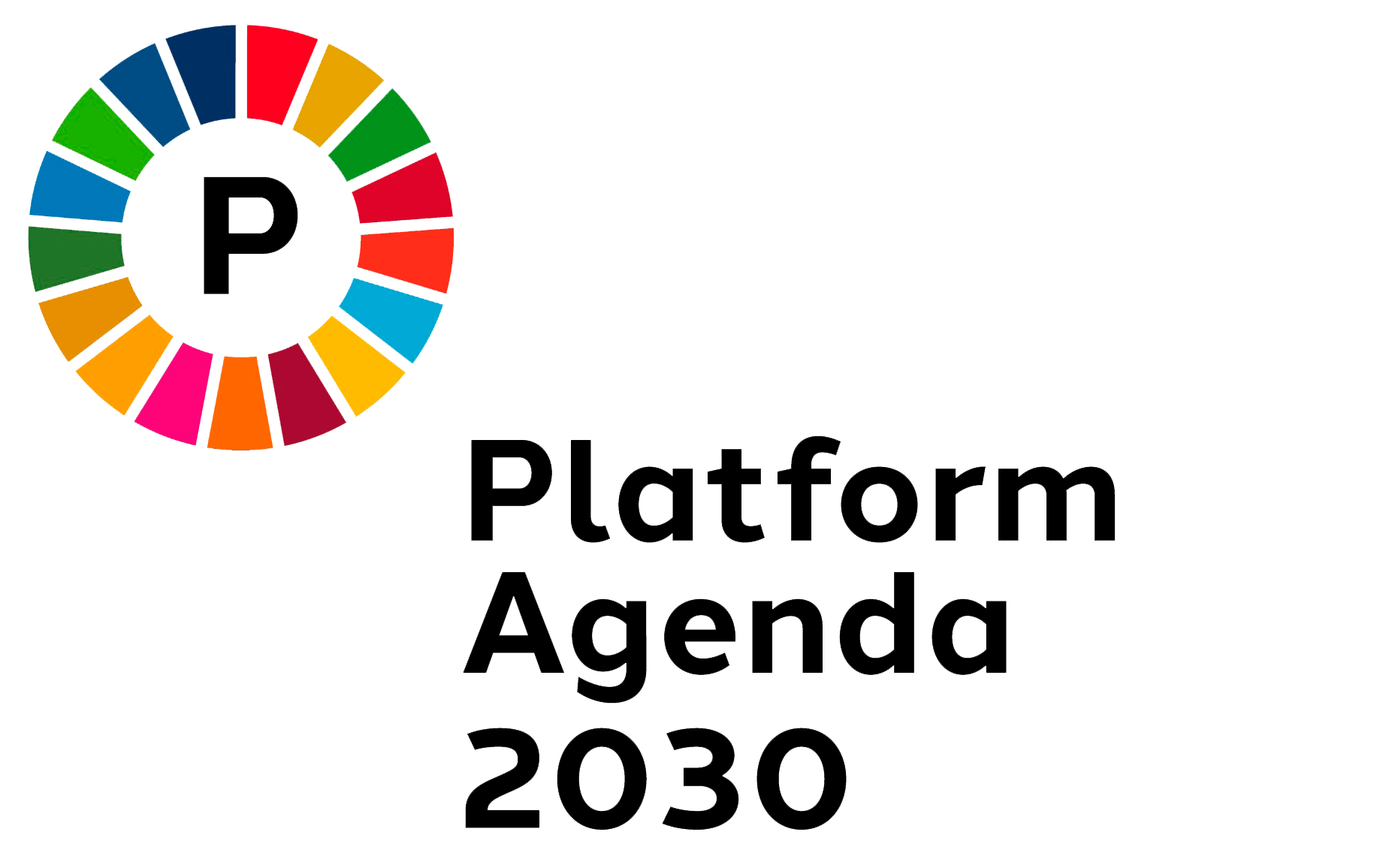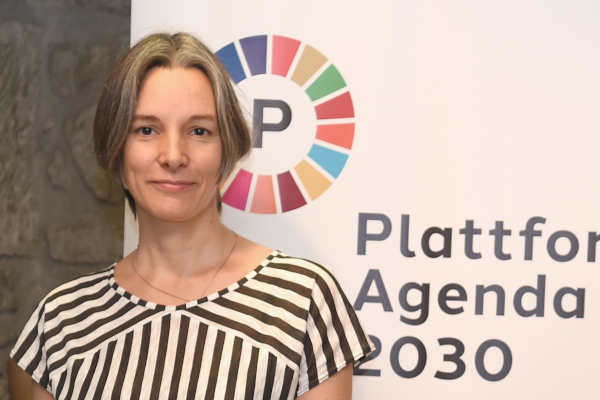The challenge of the monitoring and progress report
A small number of countries, among them Norway and Finland, include the civil society perspective directly in their progress reports. Others, such as Austria, include representatives of civil society in the drafting of their reports. Participation was also encouraged in Switzerland. In the summer of 2021 the Federal Council called for a wide-ranging stocktake of progress towards the goals, inviting interested actors to contribute their analysis in what was a complex process. They were not included in the downstream work to interpret this data, however, which raises a number of questions. We expect civil society actors to be actively included in the drafting of Switzerland’s next voluntary national review.
Measuring progress in a standardised, internationally comparable and objective way has proven a major challenge. The wording of the SDGs and their targets varies considerably, as does the degree to which they set specific requirements. For certain goals it was therefore easy to determine indicators. What it means to eliminate poverty and hunger is clearly defined, for example. But although indicators have been established for other goals, there is no recognised methodology for how they should be measured. Examples here include ‘reduce illicit financial flows’ (SDG 16.4) and ‘enhance policy coherence’ (SDG 17.14).
Switzerland has its own sustainable development monitoring system, MONET 2030. It serves the federal administration as a basis for its voluntary national review. Although the system has mapped greater international responsibility and raw materials consumption abroad in recent years, it still displays considerable gaps.
One of the fundamental problems here is that the SDGs and their targets have not been sufficiently translated into national policy. The Federal Council watered down many of the SDGs in its 2030 Sustainable Development Strategy. Instead of halving poverty in Switzerland, as SDG 1.2 demands, the Federal Council aims only to reduce it. For other SDGs the chosen indicators are unsuitable for measuring the target concerned. For example, SDG 17 sets out targets for equitable trading systems, knowledge and technology-sharing, enhanced policy coherence and development assistance to support poorer countries. What is measured, however, are Switzerland’s debt ratio, the level of development assistance, and direct investment from Switzerland in developing countries. These indicators fail to capture key aspects of SDG 17, such as whether or not trading systems are becoming fairer or policy coherence has improved. Others are no more than navel-gazing, not showing the extent to which private actors from Switzerland contribute to greater indebtedness in developing countries, or whether direct investment is supporting sustainable projects or further warming the climate. MONET 2030 needs to be reworked to provide an internationally comparable monitoring system that genuinely measures progress toward the SDGs.
The 2030 Agenda promises that nobody will be excluded from sustainable development, according to the leave no one behind principle. Yet neither Switzerland nor the international community has had a sufficient basis of data to establish who, exactly, is being left behind. Recognising this, the 2030 Agenda calls for the data to be broken down according to income, gender, age, ethnicity, migration status, disability, geographical location, and other relevant characteristics where appropriate. Disaggregating the data like this makes it easier to pinpoint which people or groups of people have so far been excluded from sustainable development and access to basic rights such as education or health. Without this data and the corresponding strategies and action plans, we risk being unable to fulfil the 2030 Agenda promise. Data for Switzerland and its international cooperation work is still insufficiently granular.
In collaboration with Laura Ebneter, Alliance Sud and Mirjam Gasser, CBM Schweiz
- Monet 2030: The Swiss indicator system
- Jeffrey Sachs, Guido Traub-Schmidt, Christian Kroll, Guillame Lafortune and Grayson Fuller: Sustainable Development Report 2021. Cambridge University Press. 2021
- UN DESA: The Sustainable Development Goals Report 2021
- Our world in Data: SDG Tracker
- Social Watch: Spotlight on sustainable development Report 2021. Demanding justice beyond rhetoric. 2021

